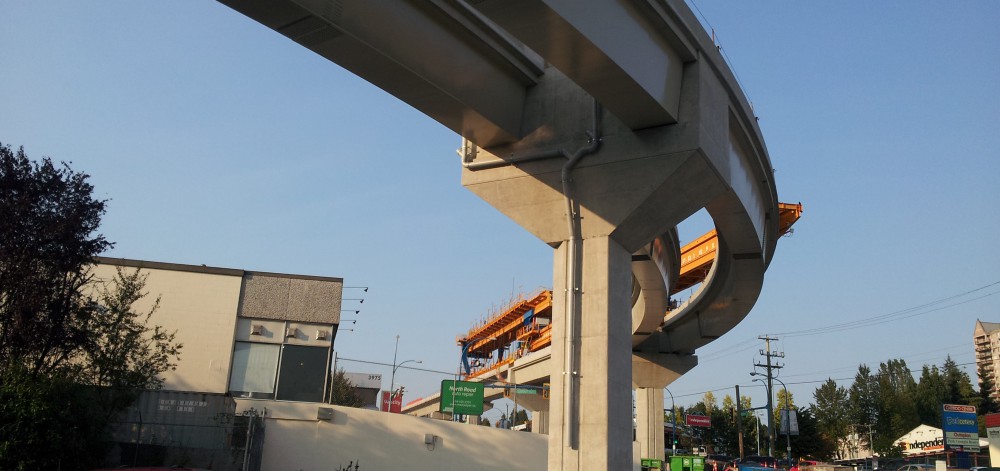As I have mentioned in a previous post, language shapes the way we perceive ideas. Different words connote different meanings, and can alter our opinions towards an idea.
For example, while a “fat tax” on certain processed foods high in sugar or fat might be an effective method of limiting consumption of these foods, and achieving public health gains, the word “fat” is heavily stigmatized in Western society (no pun intended). Such a negative connotation means that the idea is less likely to gain widespread support, and anyways, the desired outcome is the complete opposite of what the term suggests: by taxing foods high in sugar or fat, the goal is to minimize the proliferation of fat foods (and by extension, public obesity.) It’s more of a “fat avoidance tax”.
This brings us to one of the suggested methods for raising badly-needed funds for transit in Metro Vancouver – congestion pricing. As Jarrett Walker rightly suggests, the term “congestion pricing” implies paying for a negative condition – traffic congestion. I imagine few people would be in favour of such an idea; what they would rather do is to pay to avoid traffic congestion.
This of course elicits elitist impressions of road pricing: recall the “Lexus lanes” in California, so-called as wealthier motorists pay a premium on certain freeway lanes to avoid traffic congestion.
Instead, congestion pricing should be a free-market, demand-responsive system where the toll or price for using a particular road varies based on the traffic volume, or demand on that road at a given point in time. It recognizes that the traffic capacity on a given road is finite, and should be priced accordingly. By pricing the available road space appropriately, to goal is to achieve maximum throughput on a given road, while avoiding gridlock conditions.
What should congesting pricing be called then? While decongestion pricing is a more accurate label, I propose that “variable road pricing” may be a better fit. (Also, while I agree with the basic term “road pricing”, I take issue with the CBC describing road pricing as “controversial”, since it arouses negative suspicions before there can be an informed public debate on the idea.)
Although there are certainly many details to explore, variable road pricing is a program that could be popular across the political spectrum. The revenue from variable road pricing could contribute to both road maintenance and transit, which is an egalitarian approach, and appropriate given that many major roads have dedicated transit lanes. It is also a cheaper solution than building additional road capacity, which in the absence of road pricing, would soon become congested (induced demand).
Variable road pricing does constitute an additional cost to driving, so it should be coupled with the elimination of the gas tax specific to Metro Vancouver, which has been demonstrated as an unsustainable and outdated source of funding.
A new variable road pricing scheme could address several of the transportation issues we face in this region. Appropriately named, it could shape an honest and informed debate on the details and implementation of the program. We should be relentlessly pursuing perfection in both areas.
